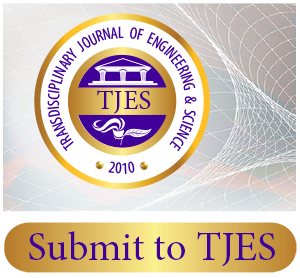Nature as Discourse: Transdisciplinarity and Vagus Nerve Function
Abstract
Within the definition of evolution and Transdisciplinary Becoming the finer qualities of human awareness and perception are in question. This paper derives from a philosophy of nature and presents the argument that Transdisciplinarity’s triad model will only succeed in obtaining the three levels of Reality that Being Transdisciplinary entails if it incorporates autonomic/cognitive forces within Homo sapiens’ phylogenetic organization. Since co-evolutionary principles of human-brain and autonomic nervous system functioning are a biological imperative for raising normative levels of Being, individuals, schools, and cultural institutions must instill both phylogenetic and experiential understanding of human neurobiology in their curricula. After a brief historical introduction to metaphysics and vagus nerve functioning [Fig.1], I will move to the contemporary perspective of Polyvagal Theory and conclude with Transdisciplinarity’s intrinsic need to articulate the science (nature’s way) with regard to the project of grounding education within the whole primordial sense of Transdisciplinary Being.


